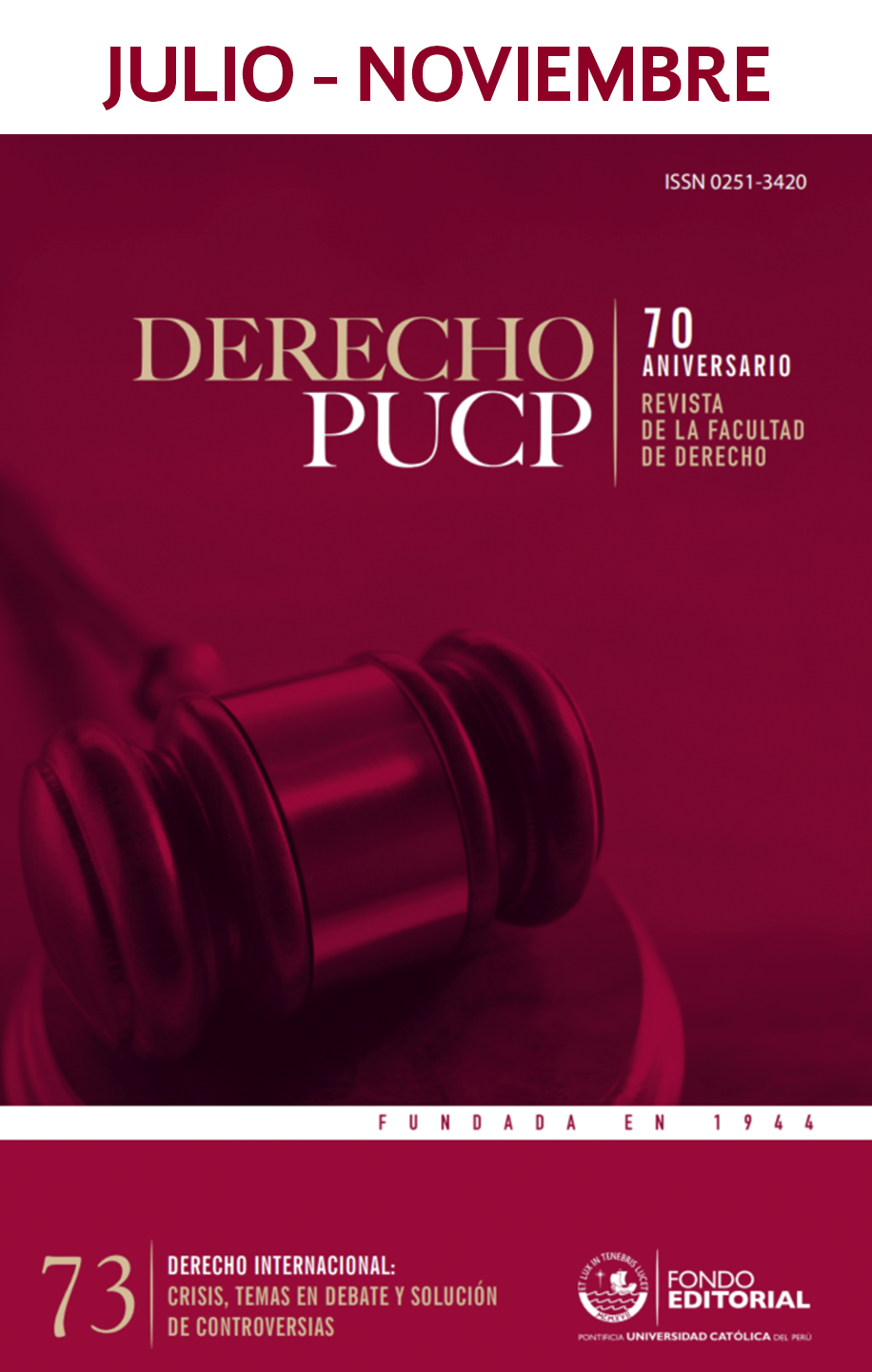La inconveniencia del estándar de persona razonable en derecho penal
DOI:
https://doi.org/10.18800/derechopucp.201402.015Palabras clave:
razonable, persona, estándar, americano, penalResumen
Siguiendo fuentes jurídicas americanas, sostengo que el uso del estándar de la persona razonable en derecho penal es inexacto e injusto y, por lo tanto, inconveniente para evaluar conducta humana sobre la base de tres argumentos que abordan las imperfecciones del estándar bajo análisis. Primero, este estándar es por definición abstracto, teórico y general y no refleja apropiadamente la percepción sensorial y cognitiva de la situación. Segundo, la tendencia en legislación y jurisprudencia americanas, en casos penales, por ejemplo, defensa propia, es el uso de un criterio híbrido, el cual consiste en la consideración de la creencia de la persona y la correspondencia de dicha creencia con lo que la persona razonable creería bajo las circunstancias, lo que es opuesto a un estándar puramente objetivo. Tercero, el estándar de la persona razonable impone una suerte de dictadura de la mayoría al perpetuar una cultura predominante sin considerar los puntos de vista de los grupos minoritarios.
Descargas
Descargas
Publicado
Cómo citar
Número
Sección
Licencia
Derechos de autor 2016 Derecho PUCP

Esta obra está bajo una licencia internacional Creative Commons Atribución 4.0.




